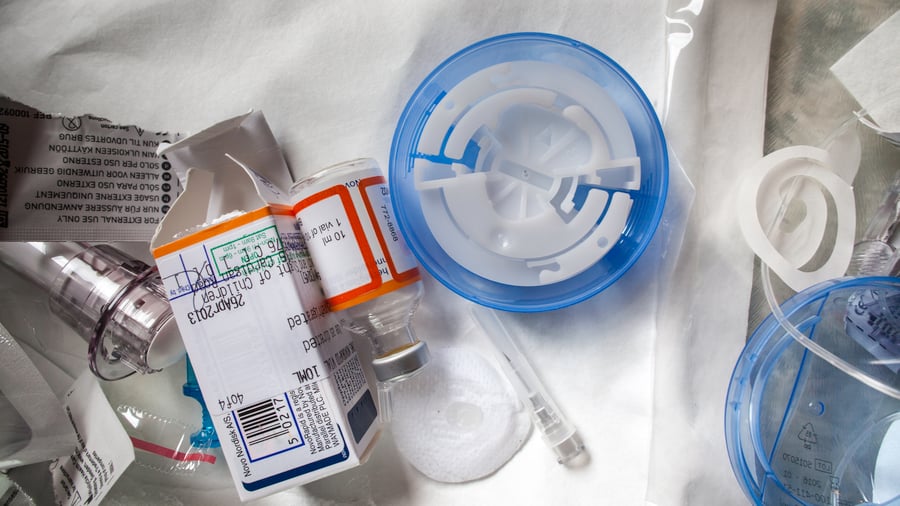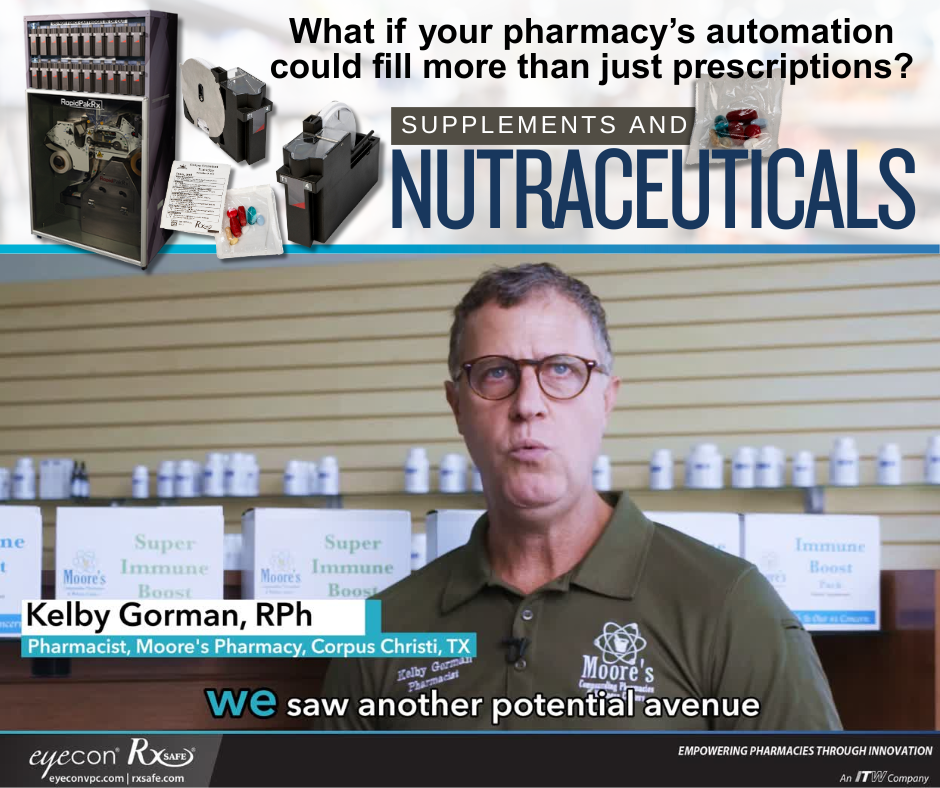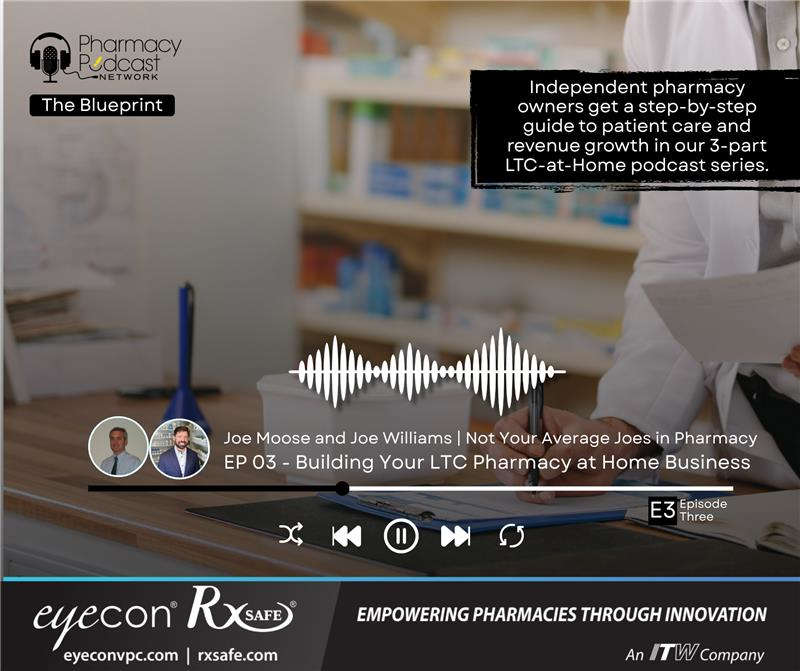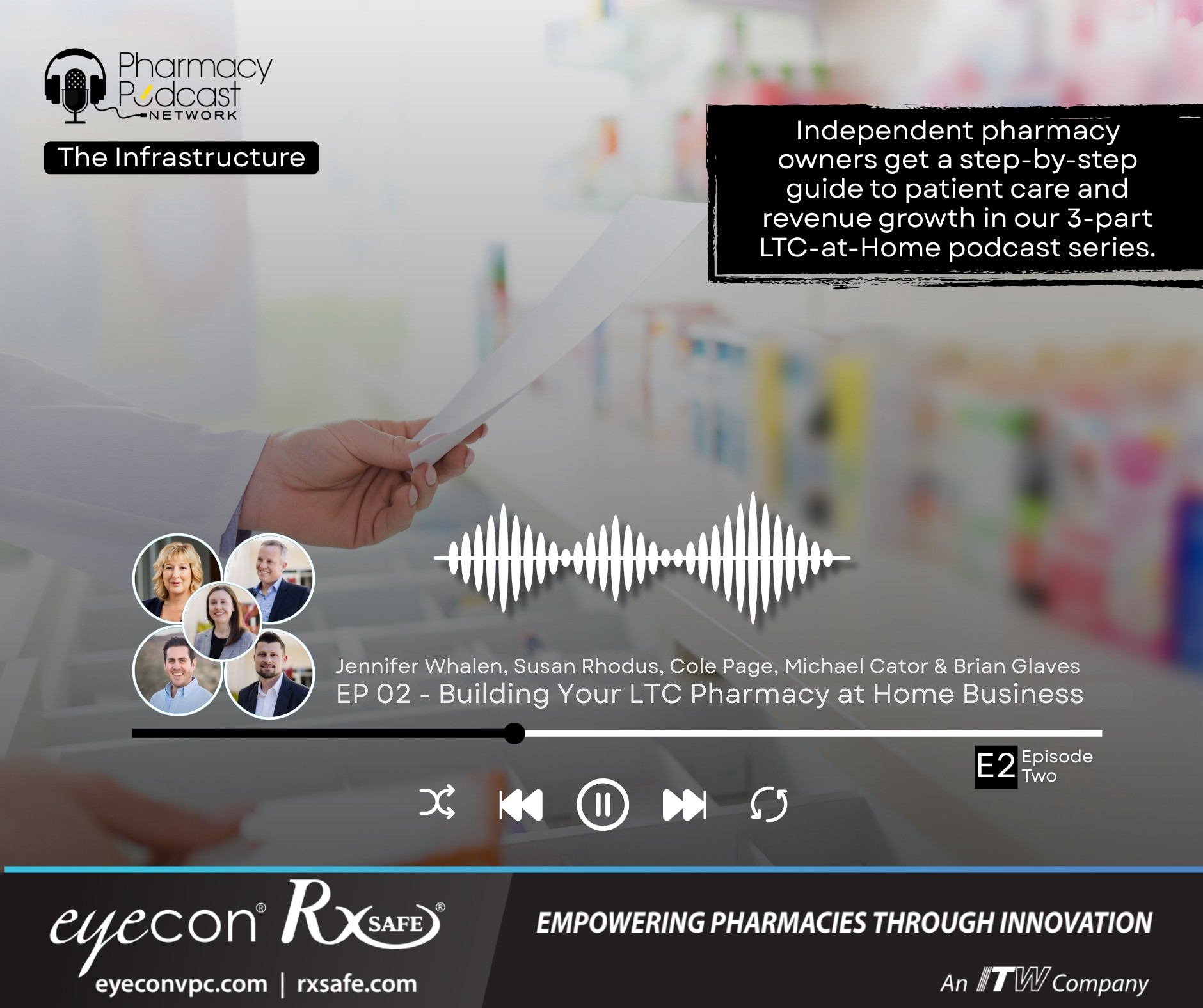It’s a new year, and RxSafe is launching a new blog series, entitled: “How adherence helps with __________ (fill in the blank).”
The series is designed to give pharmacists and pharmacy owners the latest data on adherence, and how it can help your patients’ health -- and your pharmacy’s bottom line.
First up in the series: diabetes.
As every pharmacist knows, diabetes is one of the most expensive, not to mention deadly, chronic diseases in the modern world. 422 million adults, including 26 million Americans, suffer from diabetes, which claims 1.5 million lives each year.1
The loss of life is staggering, and diabetes can lead to major medical complications, such as kidney failure, heart attack, stroke, vision loss, amputation and nerve damage.2
Diabetes patients account for more than 480,000 hospital inpatient stays per year. Making matters worse, about 20% of those patients are readmitted to the hospital within 30 days.3
Non-adherence: the #1 offender
The Number One contributor to diabetes-related hospital stays and readmissions? You guessed it: non-adherence. In fact, Type II diabetes patients, on average, only take approximately 60% of prescribed oral meds and insulin doses.4
Diabetics know that they have a complex disease that requires self-management and self-care. So why is the average diabetes patient missing 4 out of 10 doses in their medication regimen? The answer is obvious: complex disease states require complex medication requirements, and most people are simply not up to the task. We’re human. The more complicated something is, the more unlikely we are to follow directions consistently.
Recent research backs this up. In fact, more than half of patients lack confidence in their ability to properly take new medications as directed, according to a survey released Jan. 23 by DrFirst, a provider of e-prescribing solutions.
 "Diabetes Detritus" by Alden Chadwick is licensed under CC BY 2.0
"Diabetes Detritus" by Alden Chadwick is licensed under CC BY 2.0
For diabetic patients, the struggle is even more pronounced, for two reasons. First, the chronic progressive nature of diabetes means that once diagnosed, diabetes patients will not only take medication for life, but the complexity of their medication regimen is likely to increase over time. Second, as the medical community’s understanding of diabetes has improved, the complexity of the medication therapies administered has increased.
Now, the good news.
On the bright side, recent studies show that novel adherence programs DO have a positive impact on diabetes patients. In a 36-month study, 200 patients were randomly divided into two groups: a control group and and a pharmacist-led intervention group who received compliance-packaged medications.
Perhaps not surprisingly, the intervention group achieved 83% medication adherence rate, vs. 50.5% for the control group. The intervention group also saw significant improvement in healthy values for several vital measures, including blood pressure (26.8% at baseline vs. 86.6% after 36-months), fasting glucose (29.9% at baseline vs. 70.1% after 36 months), A1C hemoglobin, (3.3% at baseline vs. 63.3% after 36 months), triglycerides (47.4% at baseline vs. 74.2% after 36 months) and total cholesterol (59.8% at baseline vs. 80.4% after 36 months). By comparison, the control group’s average health metrics were unchanged during the 3-year study period.5
Adherence works... but how?
We know that improved medication adherence works. Your patients are healthier, and they refill their prescriptions more regularly, which is great for your pharmacy’s bottom line.
But how do you make an adherence program work at your independent retail pharmacy? If you’ve ever considered strip packaging to improve patient adherence, you’ve probably heard about several problems:
-
It’s expensive. Most systems, plus the inventory to fill them, cost more than $300,000.
-
The “exception” is the rule. You often end up hand-filling “exception” trays because the strip packaging machine can’t store all the different types of NDCs.
-
Rework is a killer. To correct errors that find their way to the pouch, you have to cut open defective pouches, refill them by hand and tape the pouches back together.
-
Verification is cumbersome. It’s tough for pharmacists to manually inspect hundreds of multi-med pouches. You can buy a bulky “add on” inspection unit … but that takes up additional space and can add $80,000 or more to the cost of the system.
Introducing RapidPakRx™
RapidPakRx is the first-ever system for adherence packaging designed specifically for retail pharmacies to fill “on-demand” at the lowest possible cost. RapidPakRx:
-
Is less costly to acquire and maintain (about half the cost of competitors)
-
Says “goodbye” to hand-filled exception trays and constant rework
-
Makes verification easy with built-in, 3-step vision verification technology
RapidPakRx runs 20 “smart” bulk-loaded universal cartridges that dispense all oral solid medications such as gel caps, half tabs, new generics, etc.—without calibration. Now, it’s possible to run a 30-day med cycle in 10 minutes.
If you’re interested, we invite you to register for PDS and come see the RapidPakRx in person.
You’ll also learn about RxSafe’s medication adherence strip packaging marketing services, known as PakMyMeds™. We can assist you in your marketing efforts with packaging and collateral to make adding an adherence program to your pharmacy’s offerings as simple as possible.
To learn more about the RapidPakRx, visit our product page, schedule a demo with your salesperson, or call now at (877) 672-4956.
Sources:
1-World Health Organization 2016
2-American Diabetes Assn 2017
3-American Nursing Today 2015
4-Diabetes Therapy 2016
5-International Journal of Clinical Pharmacy 2011


.png)
.png)



.png)


